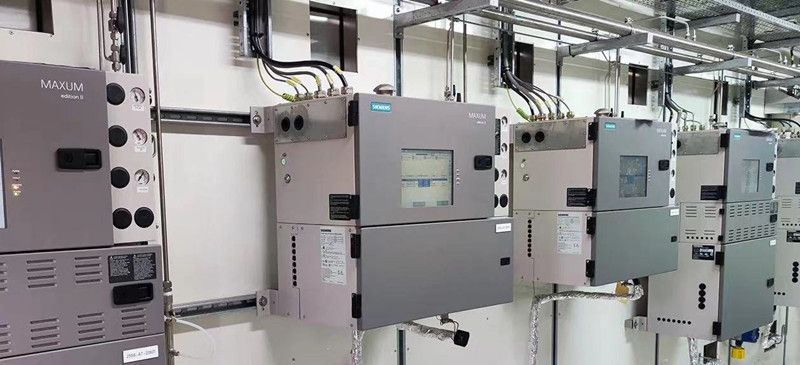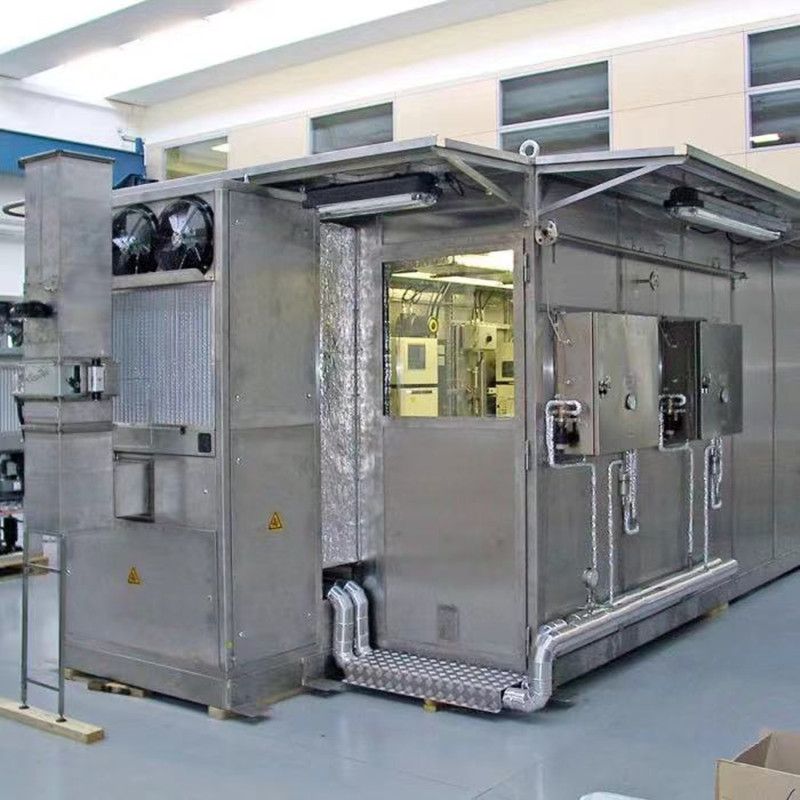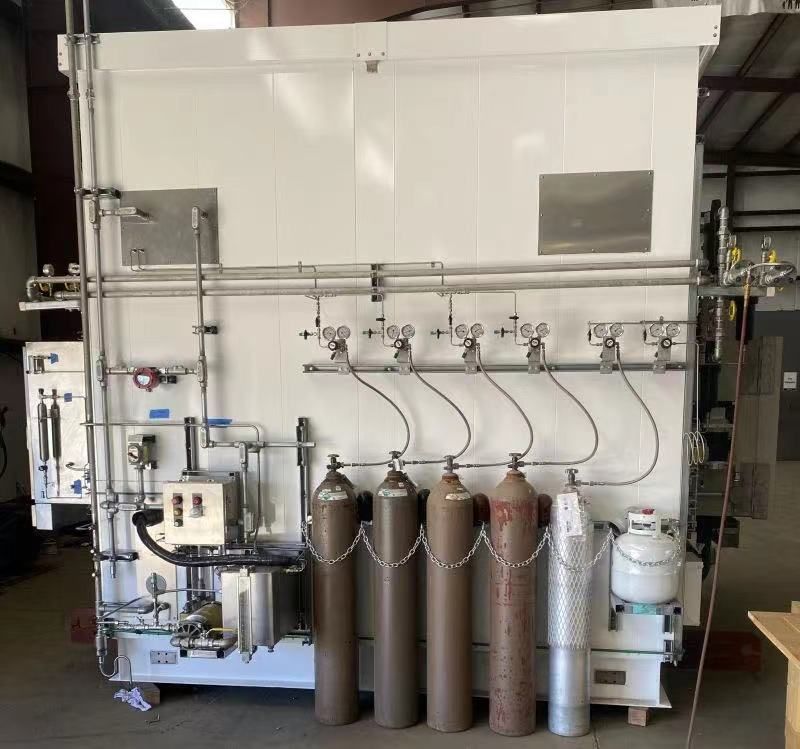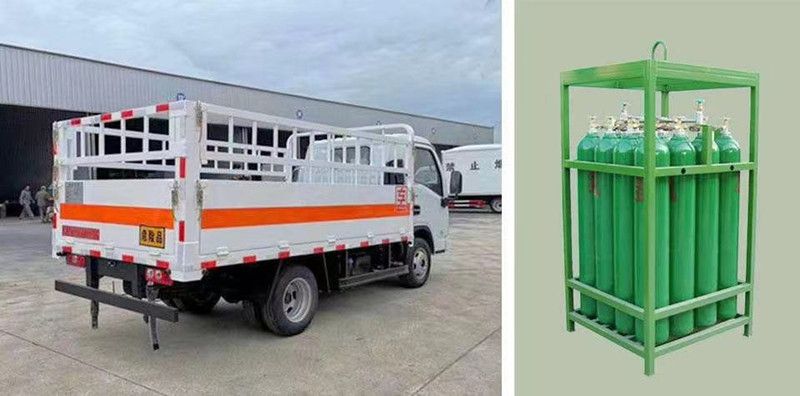Industry News
On the Relationship Between Online Chromatographs and Analyzer Shelters
August 08, 2025
In 1903, the Russian botanist Tsvet invented chromatography while studying the components of plant pigments.
Later, through experiments, he isolated components such as chlorophyll and carotene from plant pigments, first proposing and applying this separation technique based on differential adsorption.

1921:** The world's first thermal conductivity detector (TCD) was born.
1941:** British chemist Archer Martin and British engineer Richard James proposed the theoretical foundation of gas chromatography – partition chromatography theory.
This theory provided the scientific basis for the subsequent development of gas chromatography.
1947:** The world's first laboratory chromatograph was born.
1954:** The thermal conductivity detector (TCD) was first successfully applied in a gas chromatograph.
1957:** The capillary chromatography column was born.
1958:** The flame ionization detector (FID) was born.
From 1960 onwards:** With the rapid development of electronic technology, online gas chromatographs gradually emerged.
Having undergone multiple product iterations, they have developed to this day, becoming more miniaturized and intelligent.

Of course, chromatographs are typically equipped with UPS (Uninterruptible Power Supply) backup power, making on-site power failures unlikely.
However, the gas supply must never be interrupted , as without carrier gas, the chromatograph cannot function properly or perform analyses.
Common chromatographic carrier gases include hydrogen, nitrogen, and helium, with hydrogen being the most prevalent.
Special emphasis must be placed on the safety of these gas cylinders. Both 40L carrier gas cylinders and 8L calibration gas cylinders are classified as special hazardous materials.
These cylinders contain dangerous gases under extremely high pressure. Leaks are strictly prohibited, and they require careful, professional handling, transportation, and management.
For small and medium-sized analyzer shelters, carrier and calibration gas cylinders are typically mounted on the shelter's exterior wall, as shown in the figure above.
They are secured using cylinder racks and chains to prevent tipping and potential hazards.
The cylinder outlet is connected via a dedicated metal hose to a pressure regulator, supplying gas to the chromatograph.
For very large analyzer shelters, scenarios with multiple chromatographs, or plants with high hydrogen demand,
some chemical plants utilize multi-cylinder hydrogen racks (as shown above) for centralized hydrogen supply. This addresses high consumption needs and facilitates easier cylinder replacement, handling, and transportation.
In summary, online chromatographs and analyzer shelters share a mutually dependent relationship – neither can function effectively without the other. Ultimately, human oversight is paramount.
These are machines; without power and gas, they remain inert and non-functional.
Only through dedicated management and maintenance can they continuously perform automated analyses and deliver meaningful data to the DCS.**


Chris Fang
Sales Engineer
Sunup (Wuhan) Import and Export Co., Ltd.
Add:7-A16,Caishen Commercial Plaza,Hankou Railway Station,Wuhan, China
Postal code:430015
M: + 86-15926376631(WhatsApp & Wechat) |
Skype: live:chris_61491
Email: chris@sunupauto.com
